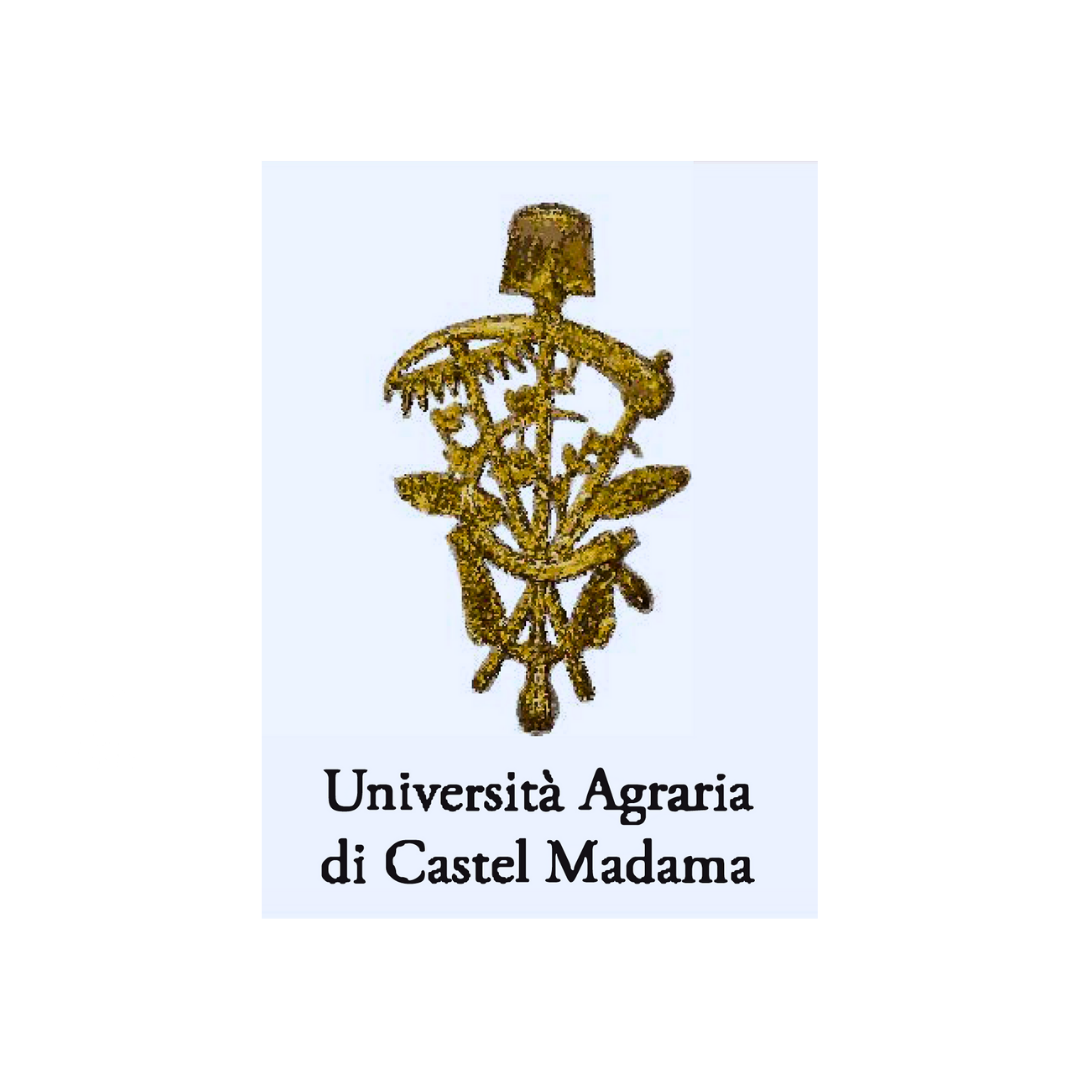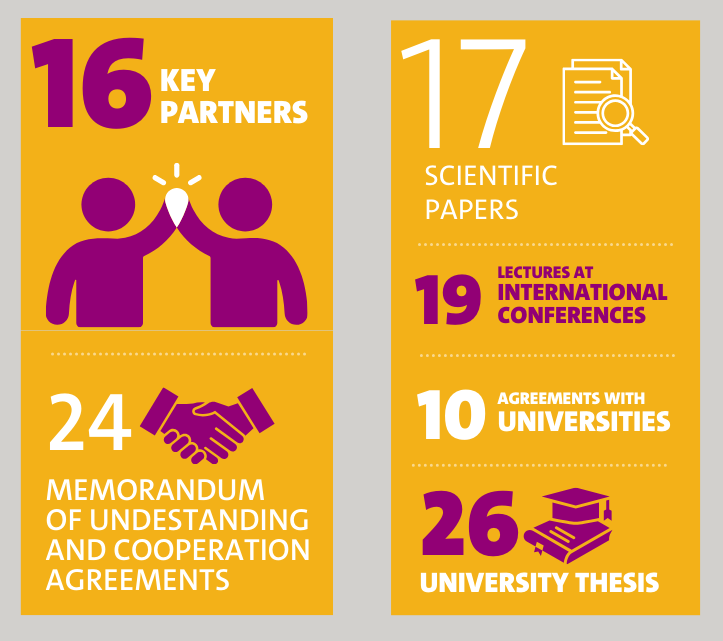An alliance for nature and the future
Rewilding Apennines is part of a vast European movement that, over the past decades, has inspired large-scale initiatives across the continent and continues to expand with momentum. Currently, Rewilding Europe operates in 11 Rewilding Landscapes, with the ambitious goal of creating a wilder, more resilient Europe in the face of climate change. The movement is growing into new countries, and by 2030, the network will include 15 landscapes, incorporating marine and coastal ecosystems for the first time, covering a total of at least 8 million hectares.
We are proud to be part of this expansion and actively support the movement, convinced that strength lies in unity and that collaboration is the key to creating lasting impact.
From the very beginning, we have built a strong network of alliances with public and private entities, both within and beyond our area of action. Our partners include environmental institutions, national parks, protected areas, sustainable tourism enterprises, and non-governmental organizations.
A fundamental role is played by the members of the European Rewilding Network, with whom we share values and vision. Together, we promote and support conservation, rewilding, and awareness initiatives, working collaboratively to implement concrete projects that strengthen the movement and amplify its impact on the territory.
Our partners
Members of the European Rewilding Network in Italy
Academic interest in rewilding is rapidly growing. In recent years, there has been a significant increase in publications, scientific conferences, seminars, and discussions dedicated to this field. Rewilding Apennines strongly supports this evolution and, together with its partners, actively promotes applied research in the areas where it operates.
Since its foundation, Rewilding Apennines has established collaborations with numerous research institutes and welcomed students conducting theses and internships on a wide range of topics—from environmental and wildlife studies to sociological, economic, and legal aspects related to rewilding.
This approach allows us to contribute to Rewilding Europe’s efforts at a continental scale, fostering greater coordination and consistency in Europe’s rewilding research agenda. It also strengthens collaboration between institutions, researchers, and professionals, ensuring a more integrated and impactful approach.
We regularly present our research findings at national and international scientific events, sharing experiences and best practices to encourage a well-informed, evolving debate on rewilding and its role in shaping the future of conservation.
Scientific papers





















